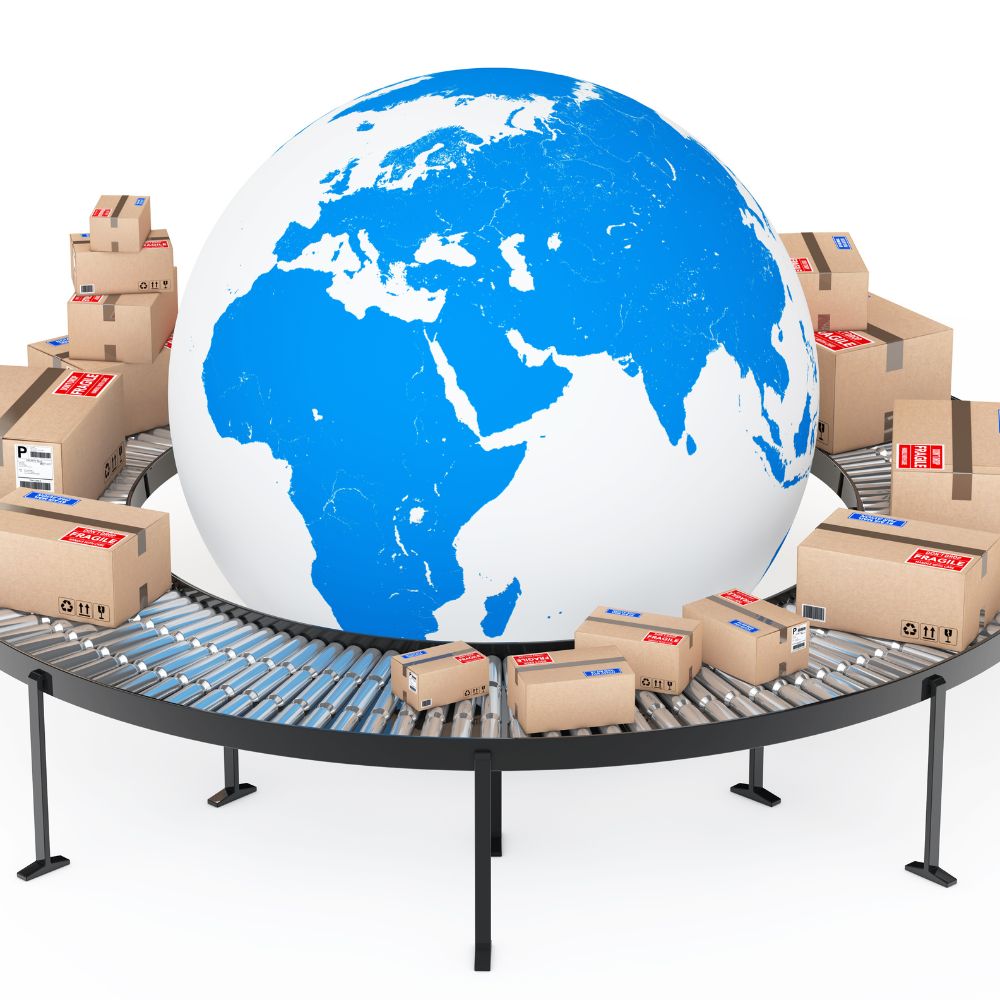Vietnam PM urges US to ease high-tech export restrictions
In a significant move to enhance Vietnam’s technological capabilities and foster economic growth, Vietnamese Prime Minister Pham Minh Chinh has urged the United States to reconsider and relax its high-tech export restrictions on the Southeast Asian nation. This appeal was made during a recent meeting with the American Chamber of Commerce in Hanoi, where Chinh underscored the critical nature of a robust US-Vietnam partnership and the immense potential for deeper cooperation across multiple sectors, particularly in technology and innovation.
“We hope the United States will lift its embargo on Vietnam for some technologies,” Chinh stated pointedly. “Why do you maintain the embargo while we are not engaged in combat?” His words epitomize a broader call for collaborative engagement between the two nations, highlighting a mutual recognition that both can benefit significantly from strengthened ties.
Over recent years, Vietnam and the United States have developed a strategic partnership characterized by increasing economic interdependence and shared security interests, particularly in the context of the Indo-Pacific region, an area where geopolitical tensions are ever-present. The US has increasingly viewed Vietnam as a key player in its broader strategy to counterbalance China’s expanding influence. This strategic partnership aligns with both countries’ interests, as Vietnam seeks technological and economic advancement, while the US aims to promote a diversified and resilient global supply chain.
The suggestion to ease export restrictions on high-tech goods is especially pertinent at this juncture. It presents a unique opportunity not just for Vietnam to enhance its technological framework, but also for the US to foster innovation and investment in a country that is emerging as a competitive player in the global market. By allowing Vietnam’s access to advanced technologies, the US could significantly bolster its own economic interests while simultaneously aiding the development of an important ally in the region.
Nevertheless, while Vietnam has made remarkable strides in its economic evolution, various concerns persist regarding intellectual property rights, labor rights, and environmental standards. These issues have prompted the US to impose certain trade restrictions, creating conditions that define its engagement strategy with Vietnam. Recognizing these challenges, Prime Minister Chinh acknowledged the necessity for Vietnam to continue enhancing its regulatory frameworks and addressing these concerns head-on. He assured American businesses that the Vietnamese government remains committed to nurturing a fair and transparent business climate that can attract foreign investment.
Looking ahead, the future of the US-Vietnam relationship appears promising, particularly in the realms of trade, investment, and technological collaboration. Easing export restrictions can pave the way for deeper mutual cooperation, which would allow both nations to reap significant benefits and further solidify their enduring partnership.
Vietnam’s strategic geographic location, alongside its skilled workforce and government-endorsed pro-business policies, renders it an increasingly attractive destination for US companies eager to broaden their operations within Southeast Asia. With Vietnam continuing its trajectory towards modernization and technological sophistication, a tighter partnership with the US could serve as a catalyst for rapid development and heightened global competitiveness.
As the two nations undertake this journey towards greater collaboration, it is clear that mutual cooperation could yield dividends that extend beyond economic benefits—further enhancing regional stability and contributing to the creation of a balanced power dynamic in the Indo-Pacific. The call for an open dialogue and keen partnership underscores a pivotal moment not only for Vietnam but for the broader geopolitical landscape as both nations strive for a shared future rooted in cooperation and respect.









